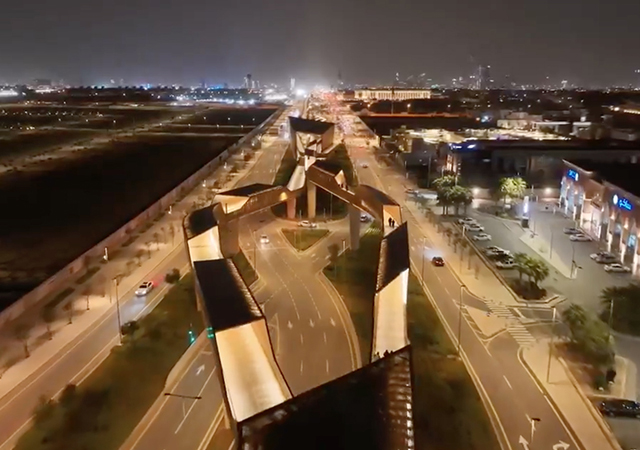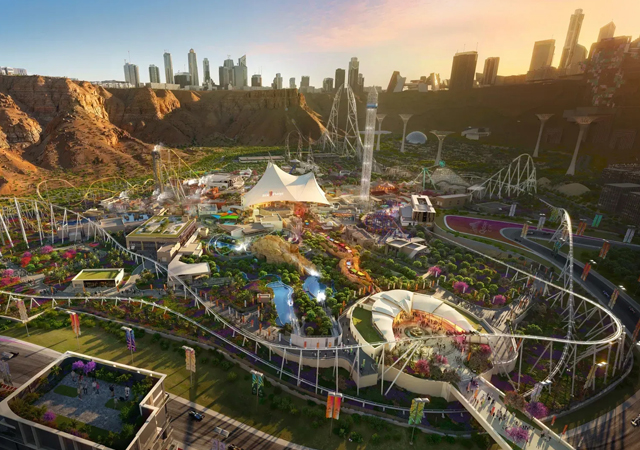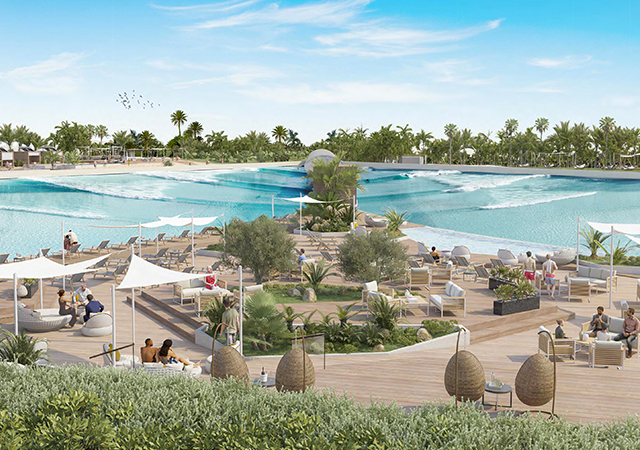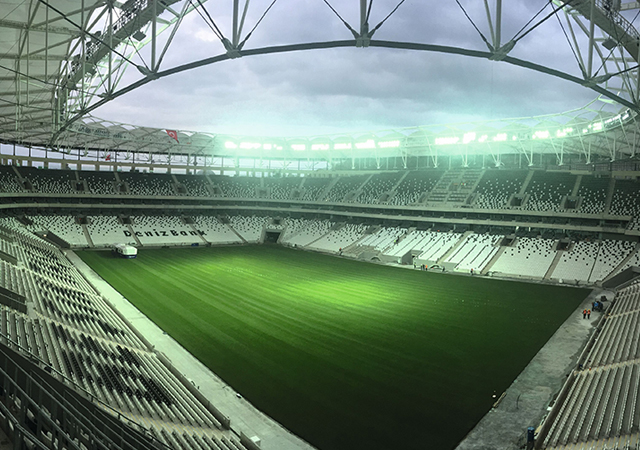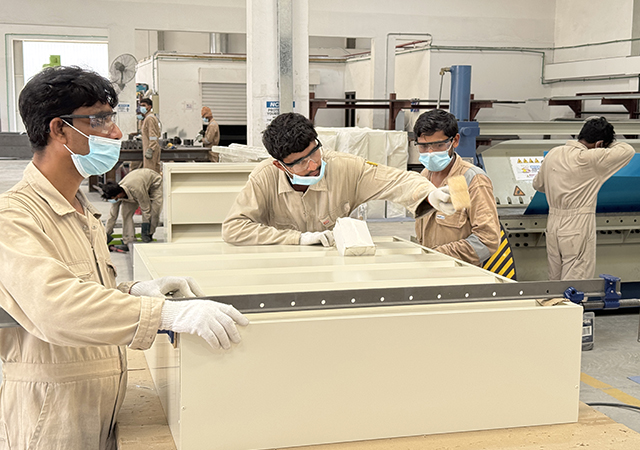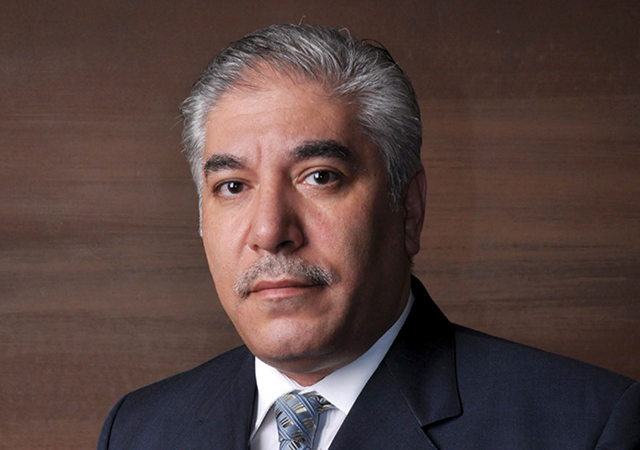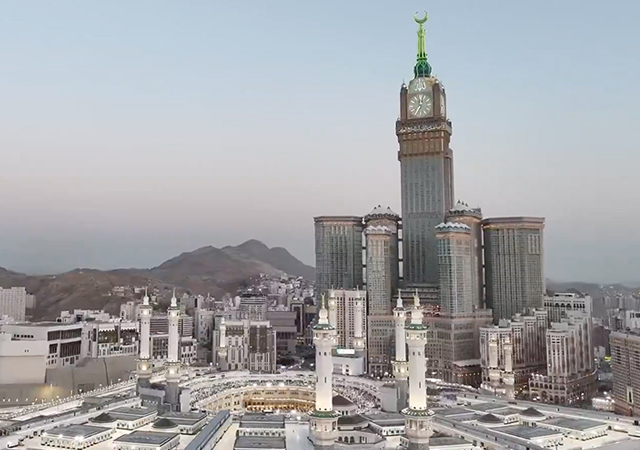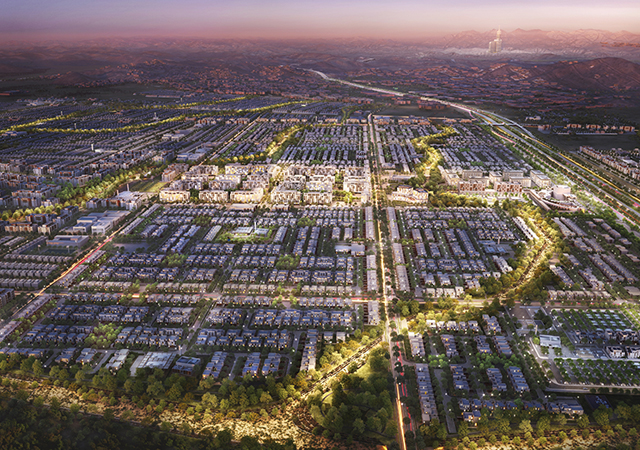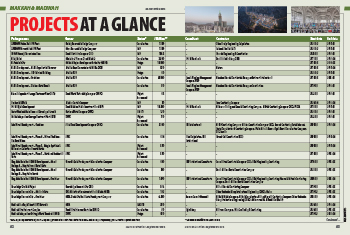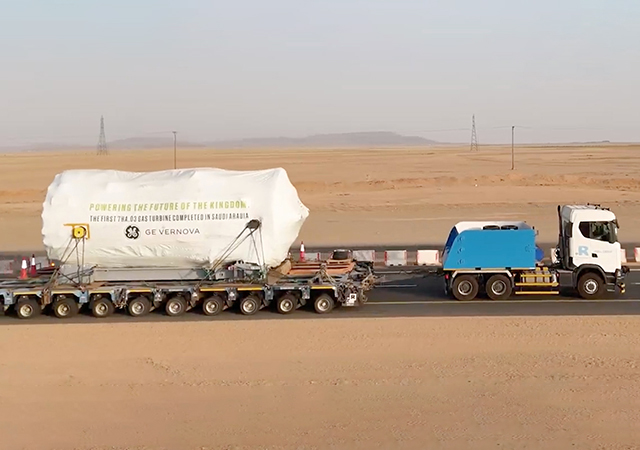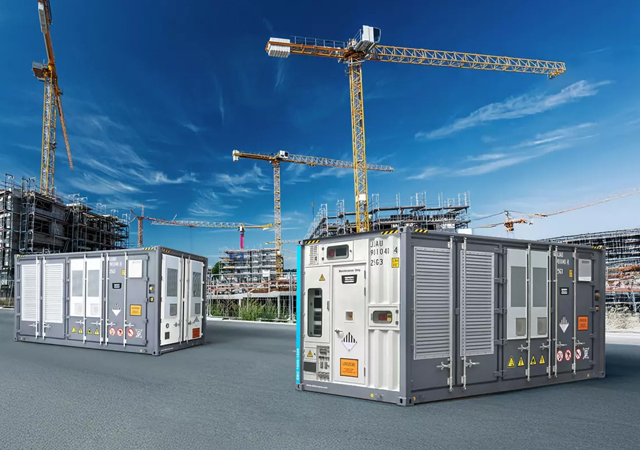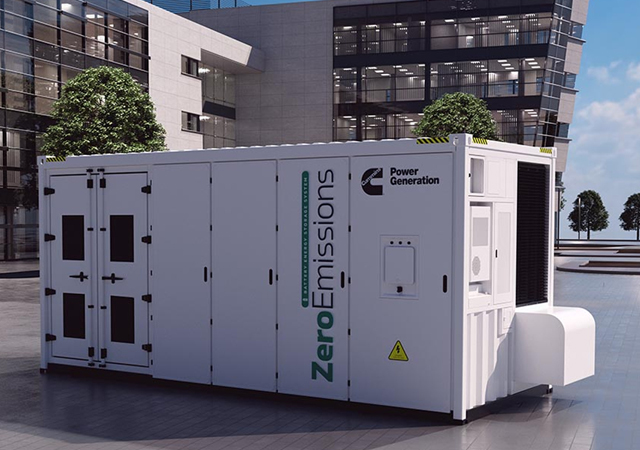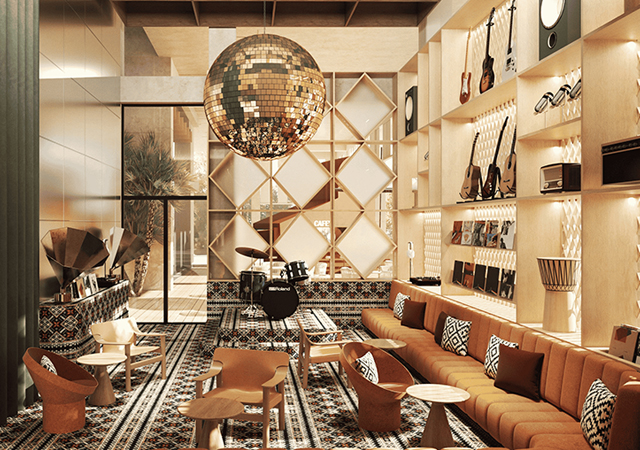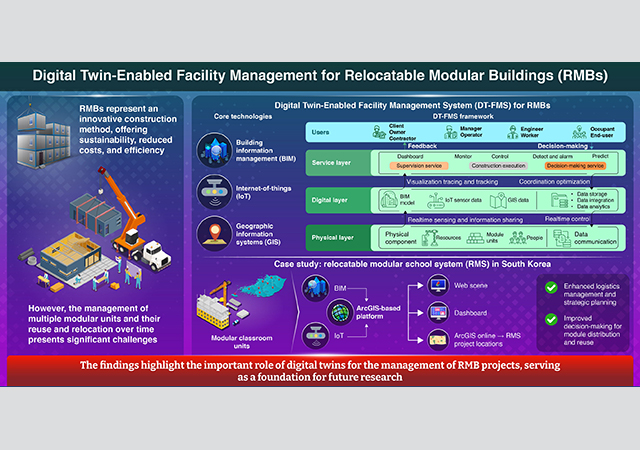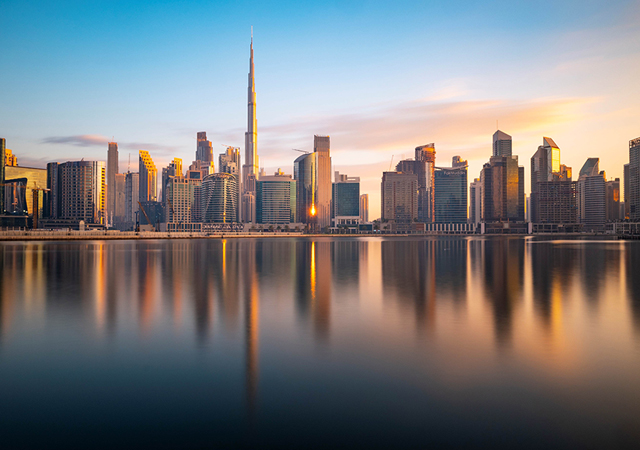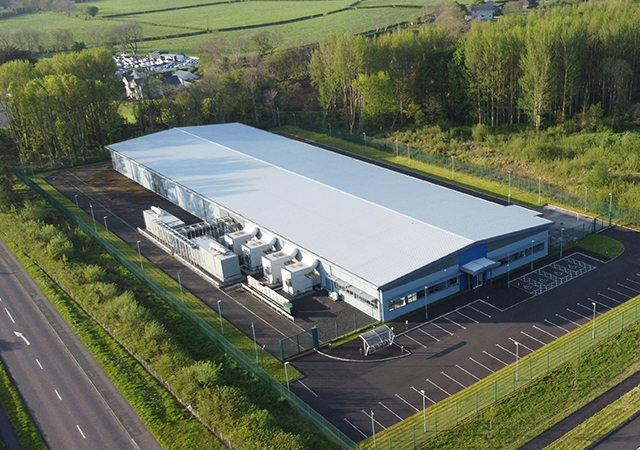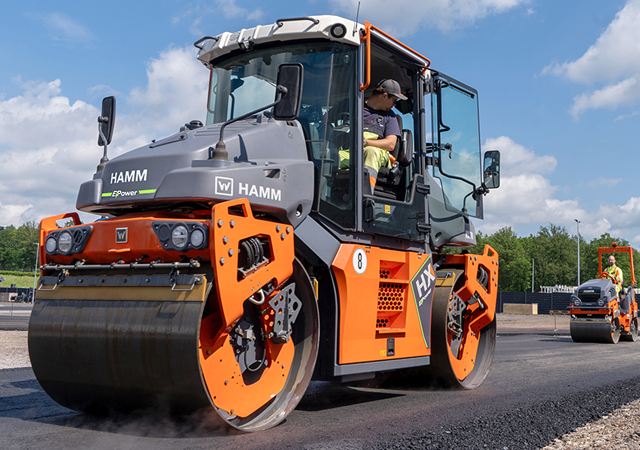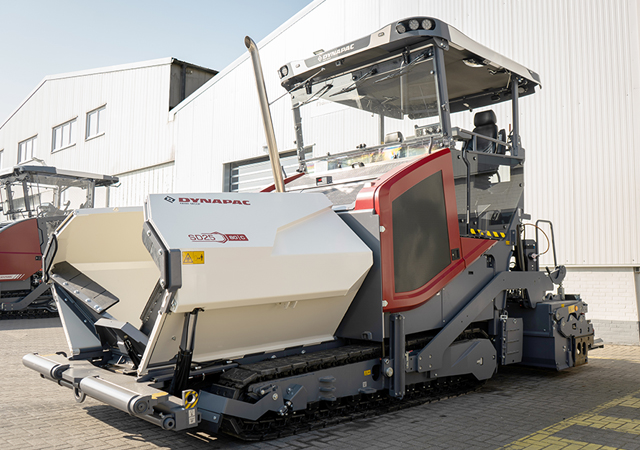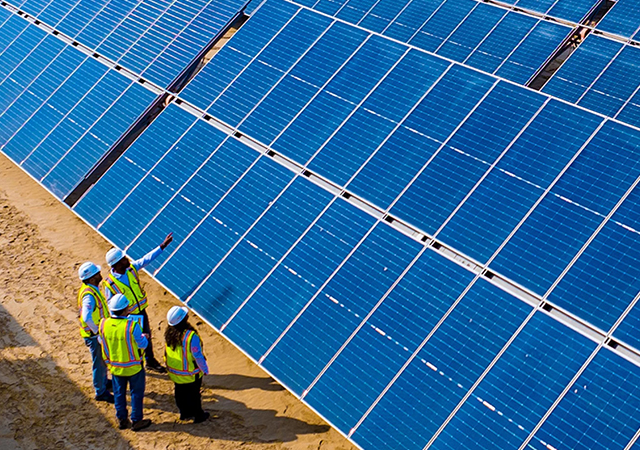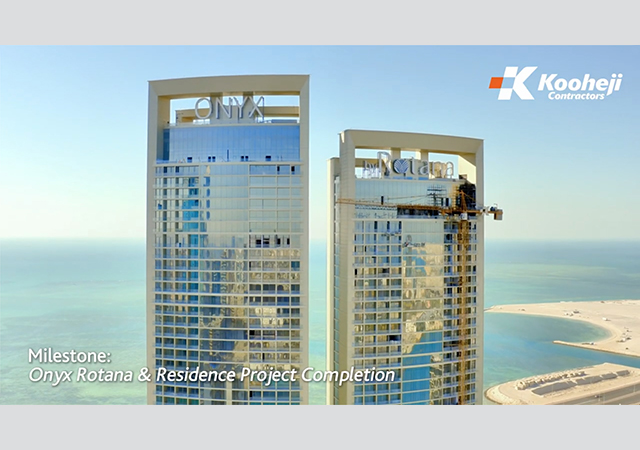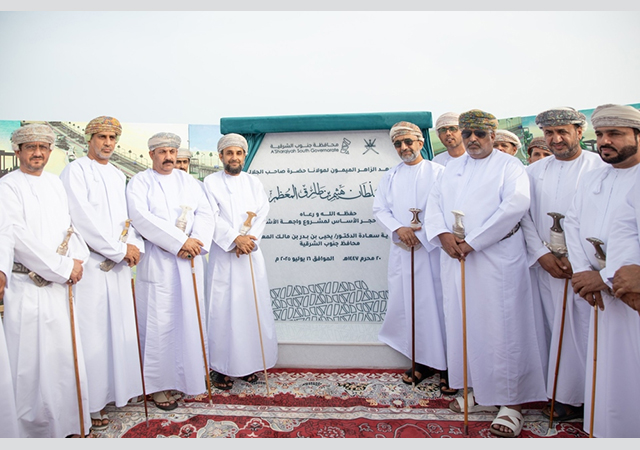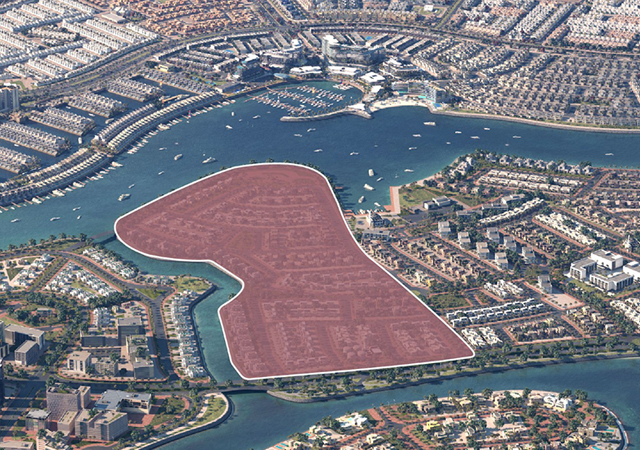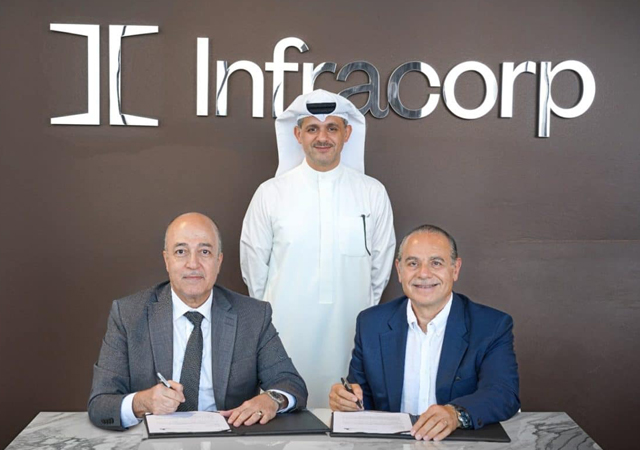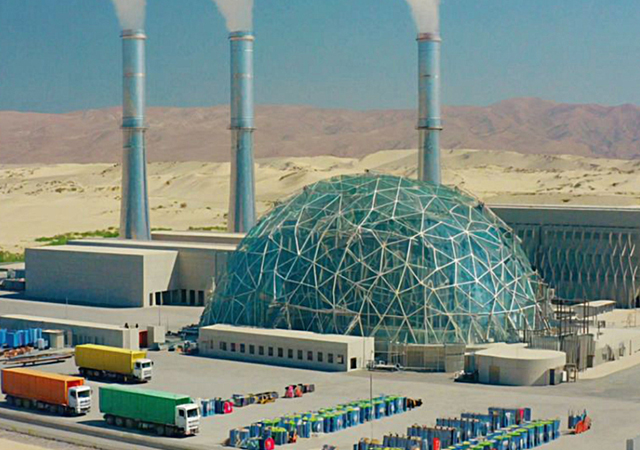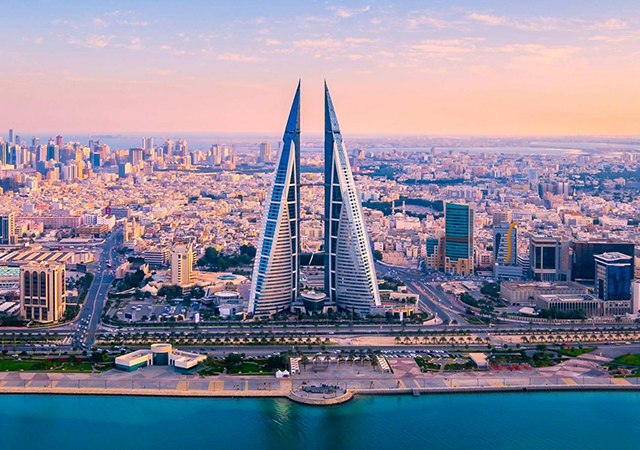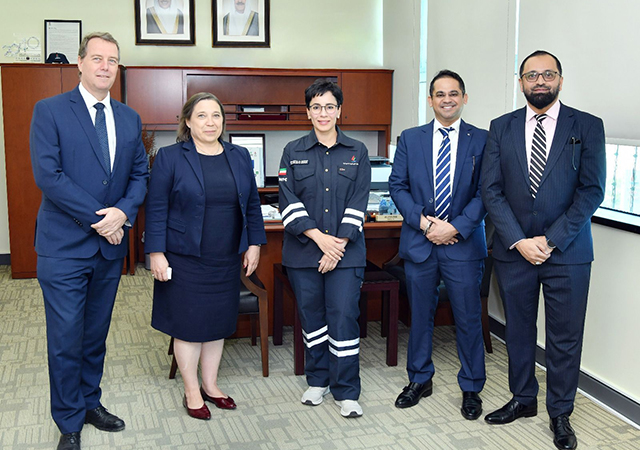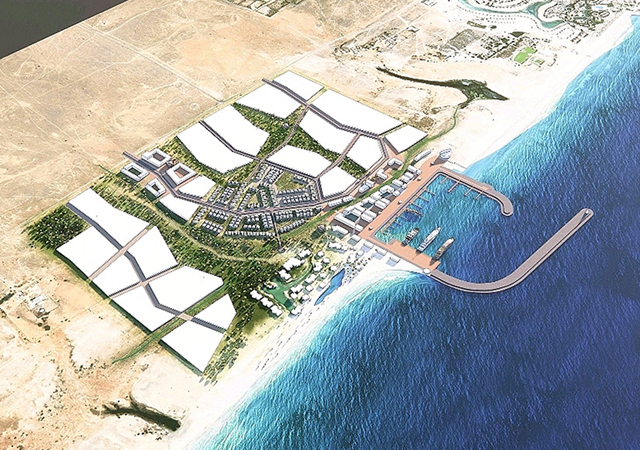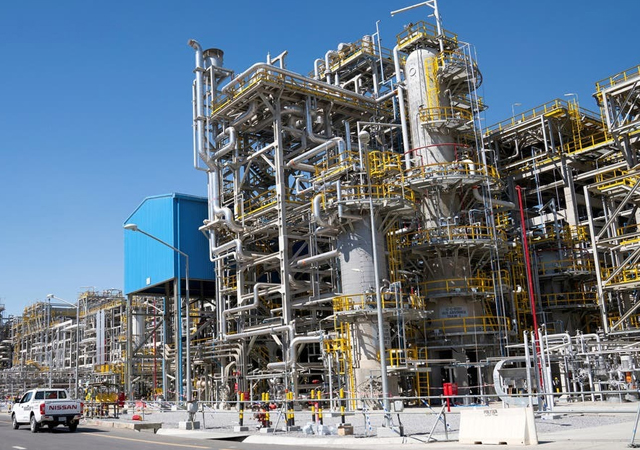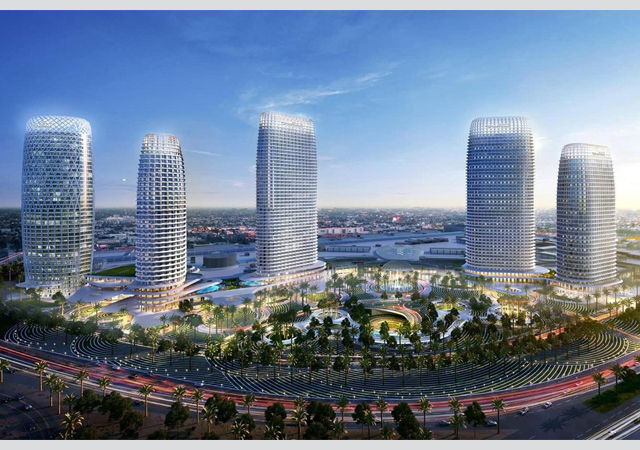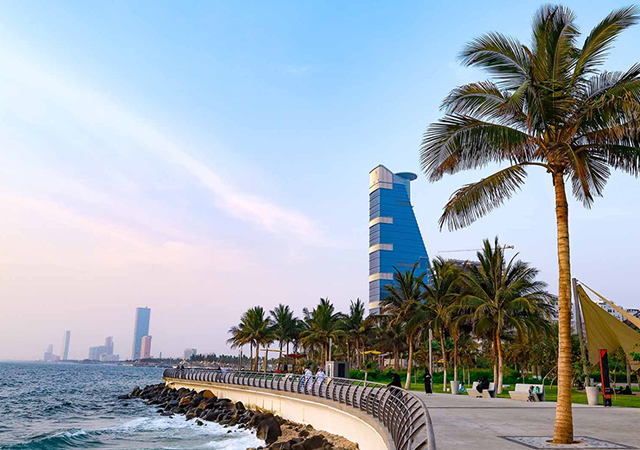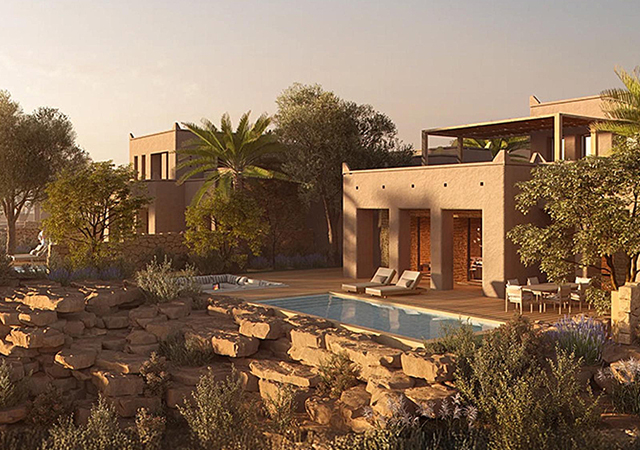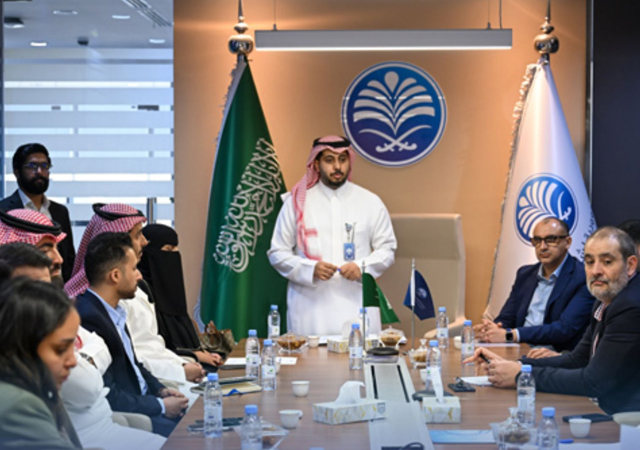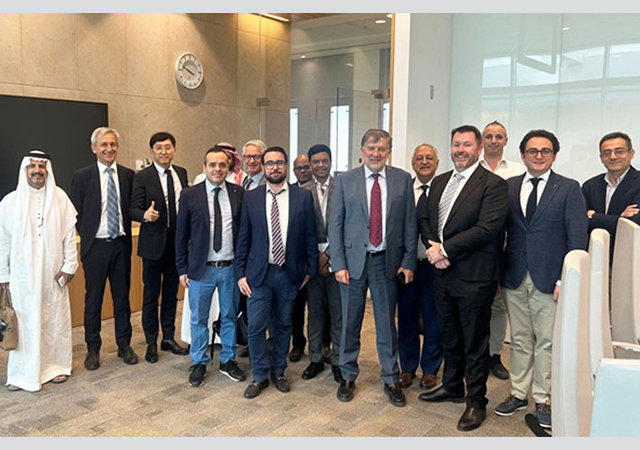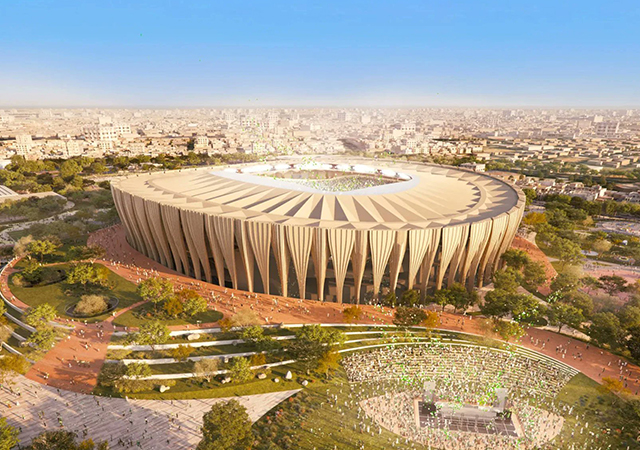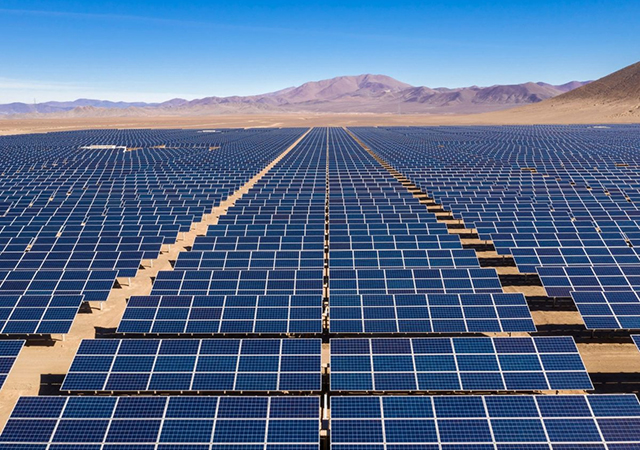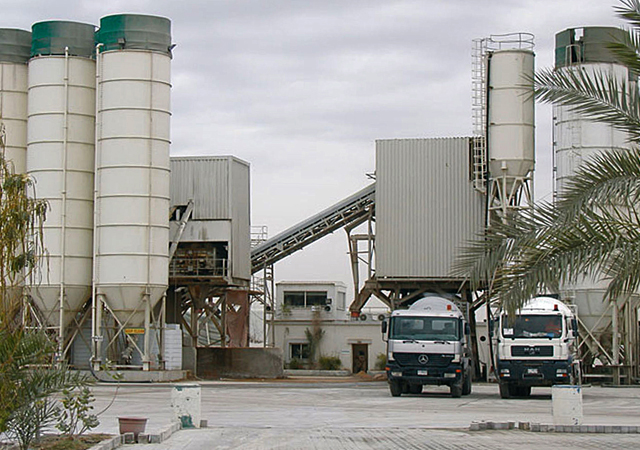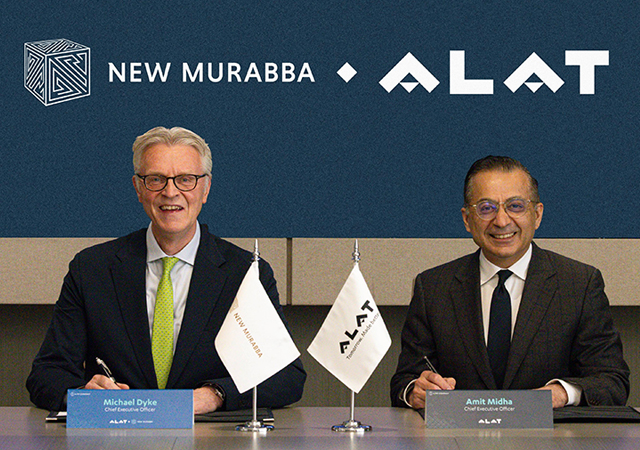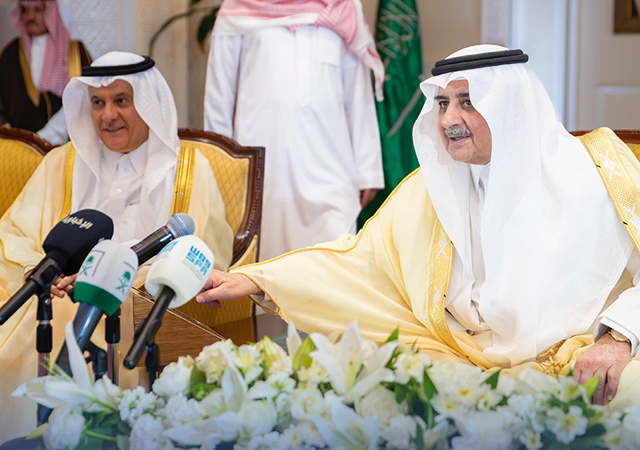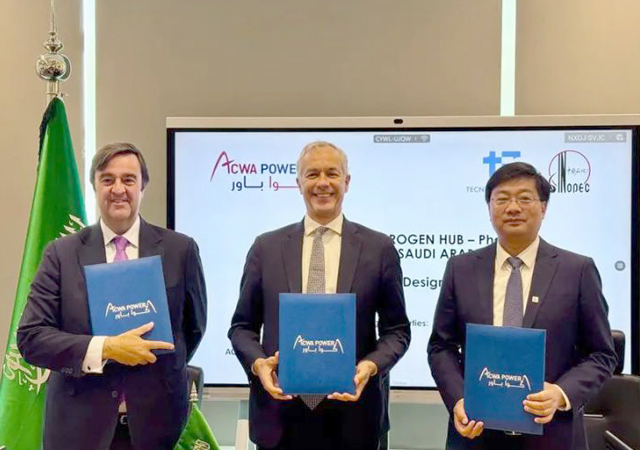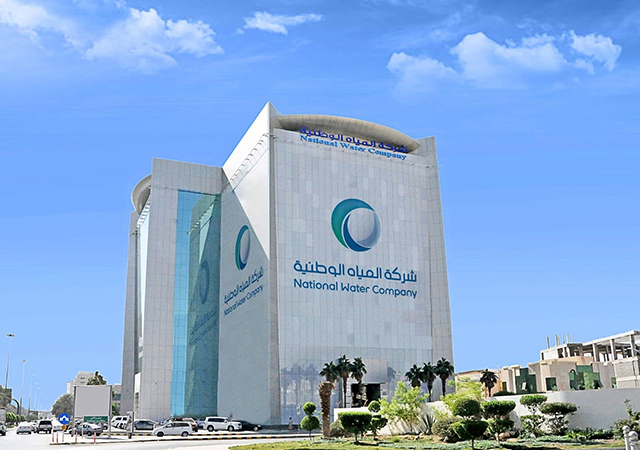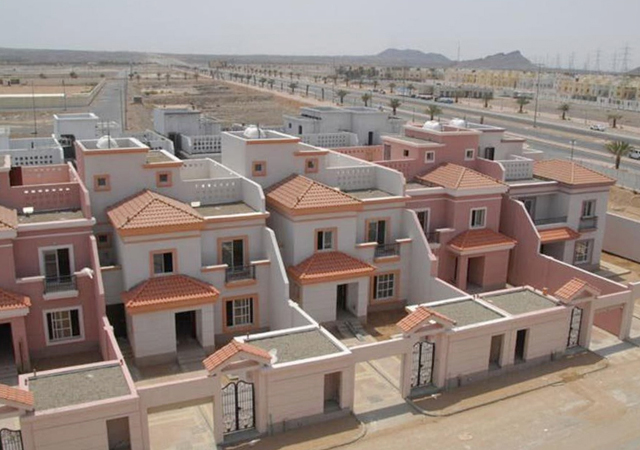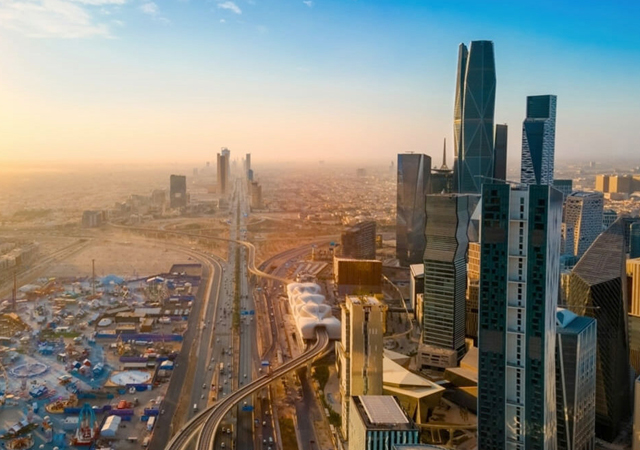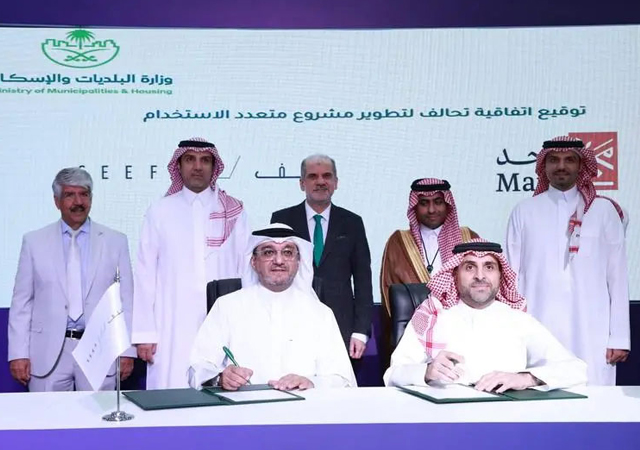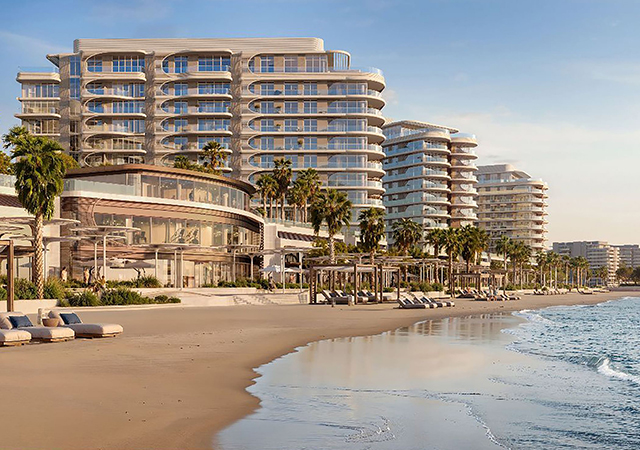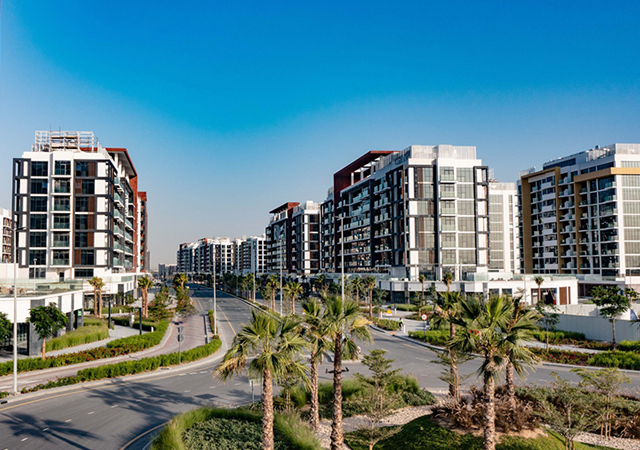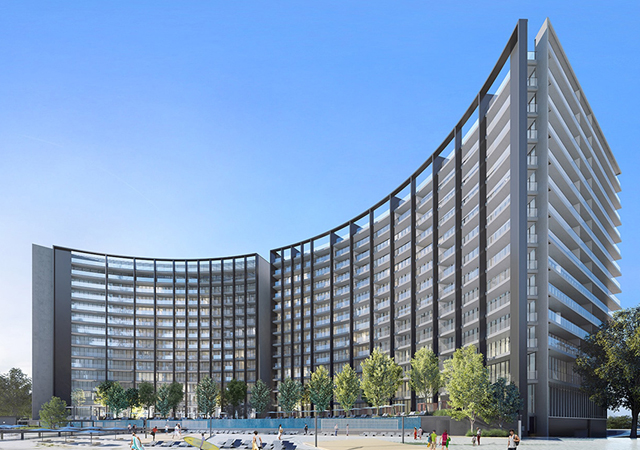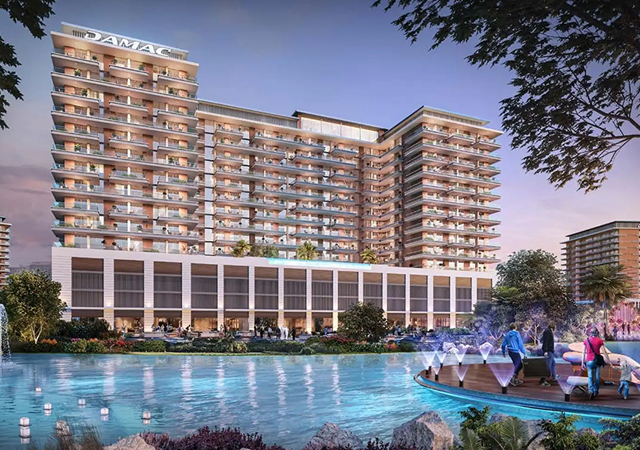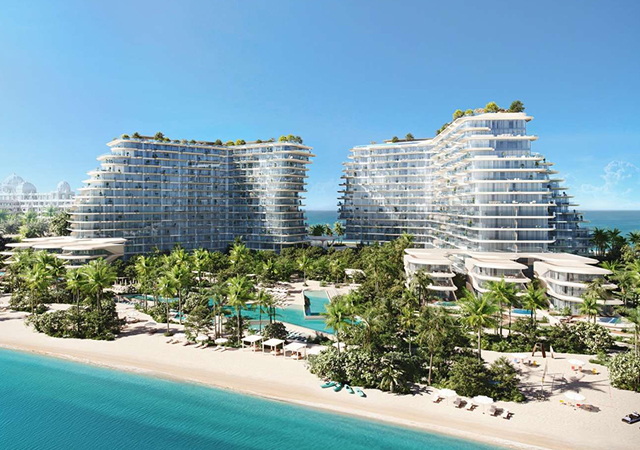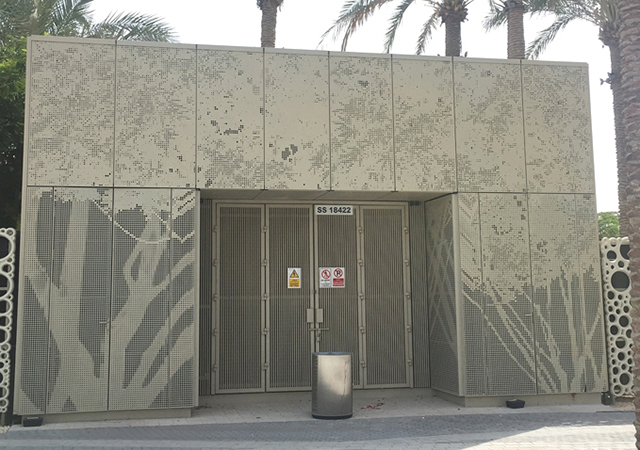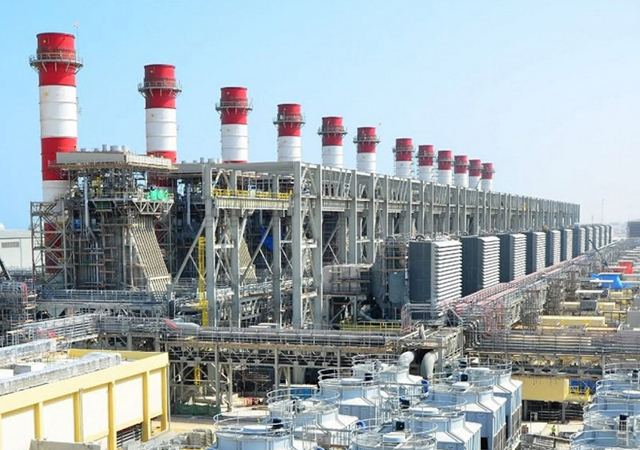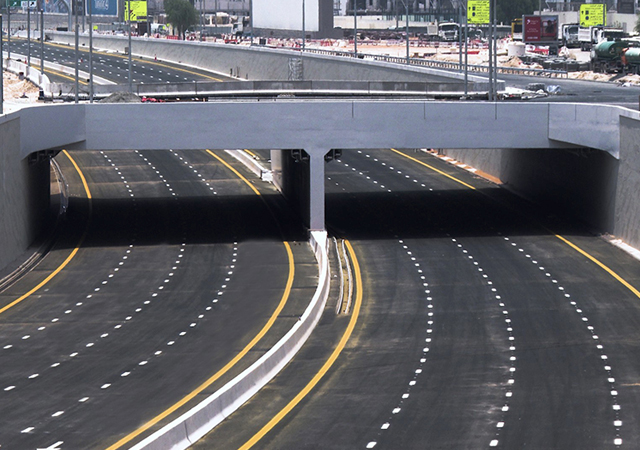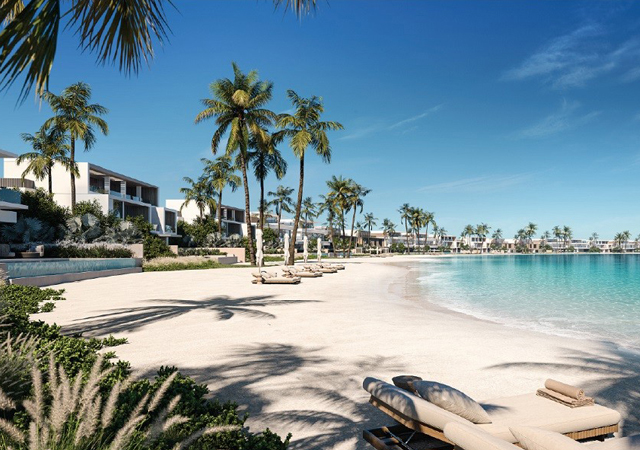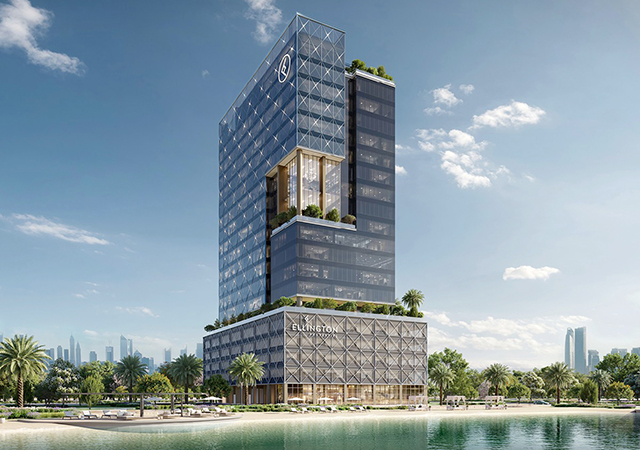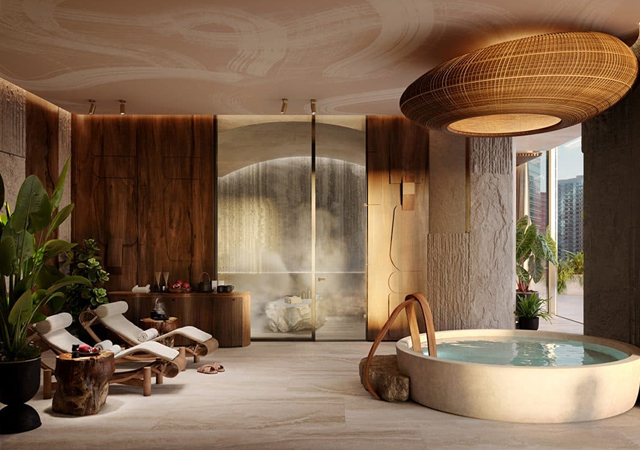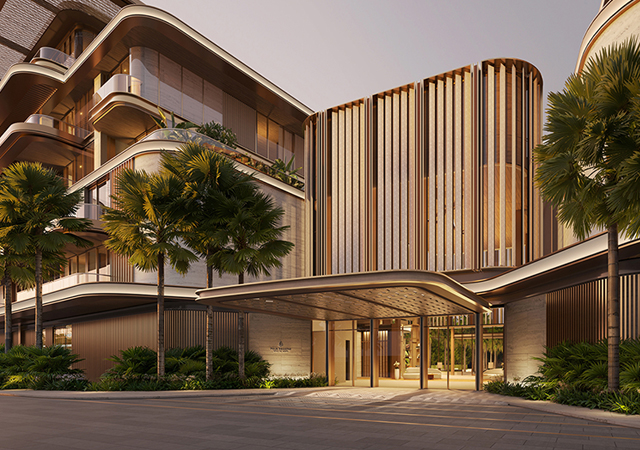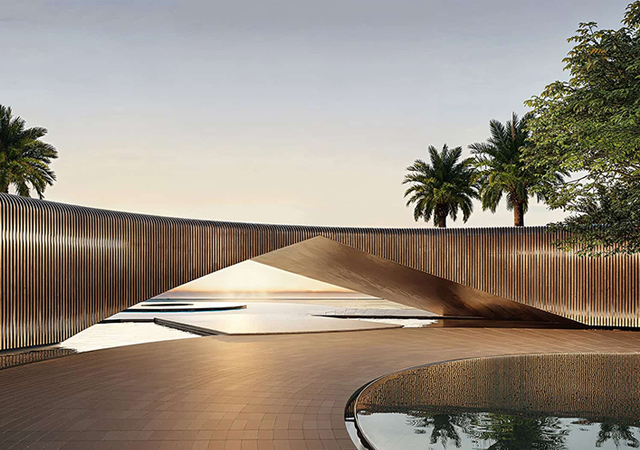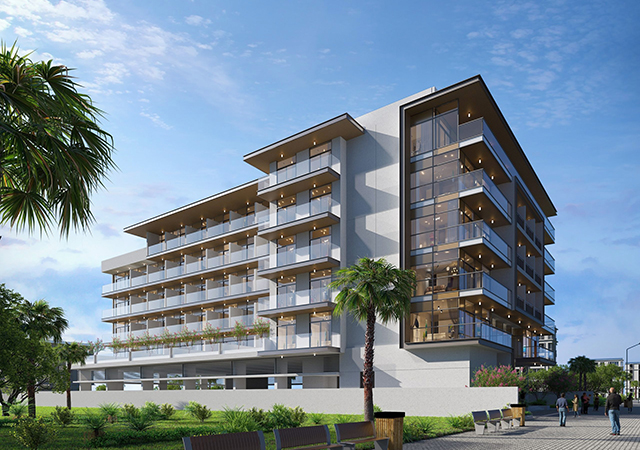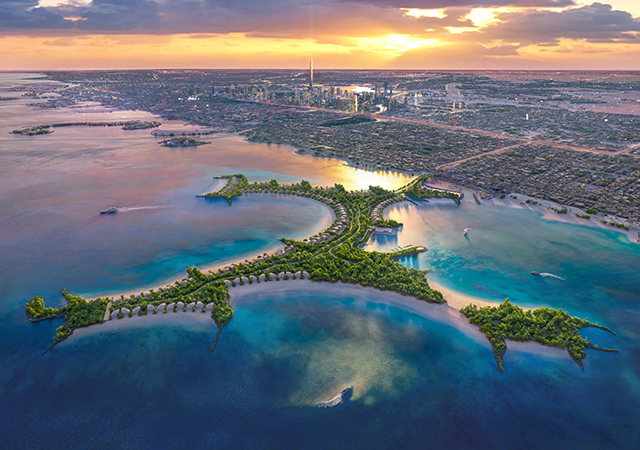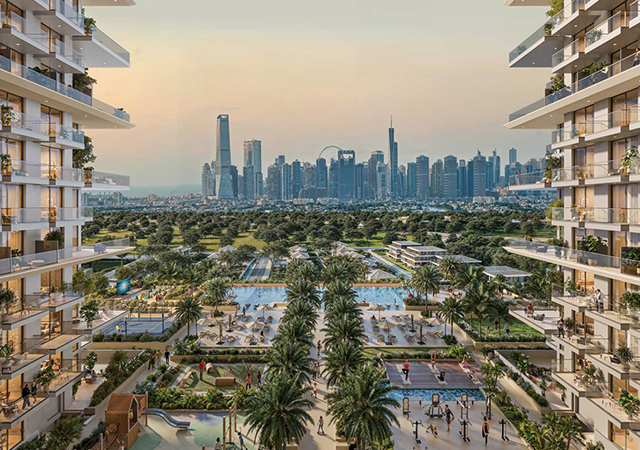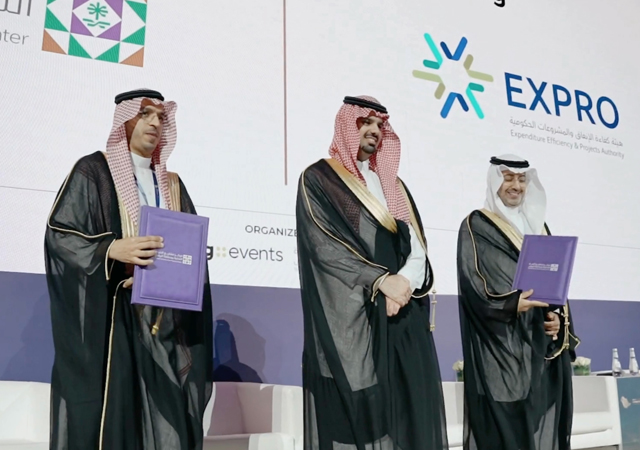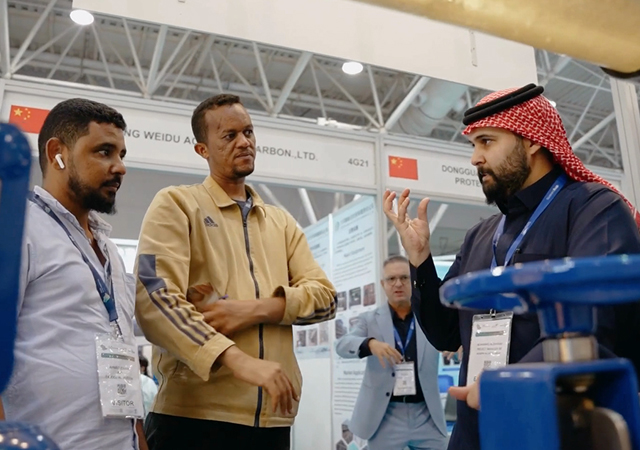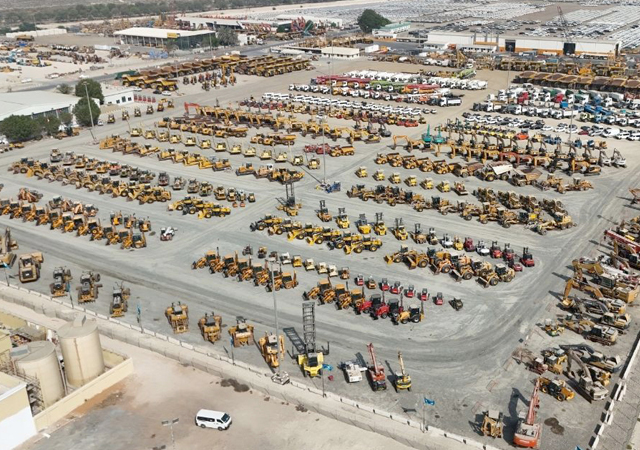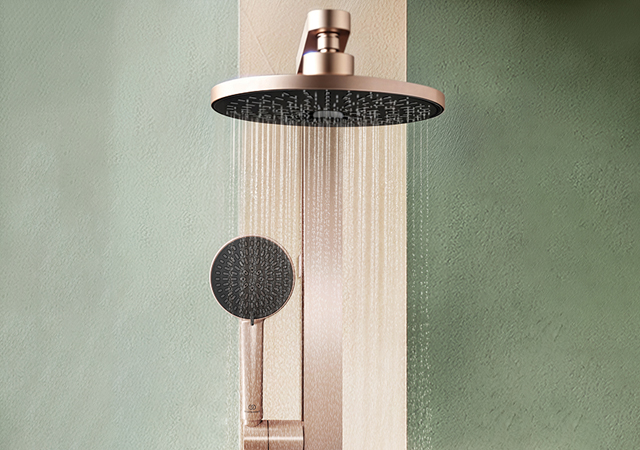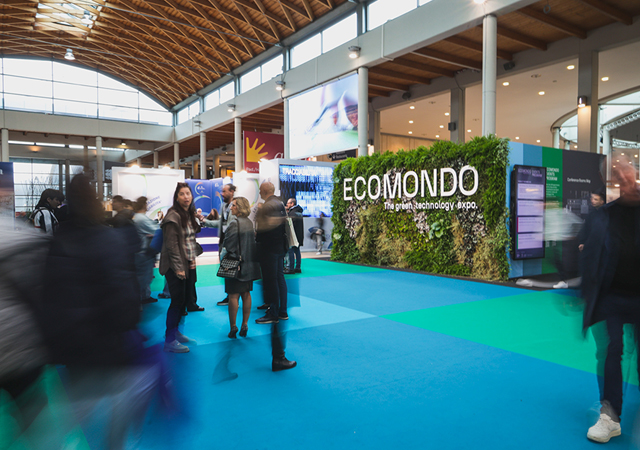
 Reef Island, Bahrain ... the company will supply 32,000 tons of refrigeration.
Reef Island, Bahrain ... the company will supply 32,000 tons of refrigeration.
Bahrain District Cooling Company (Tabreed Bahrain), a subsidiary of the UAE’s district cooling pioneer Tabreed UAE, continues to expand its operations in Bahrain having already added three of the country’s most prestigious projects – the Bahrain World Trade Centre, Bahrain Financial Harbour (BFH) and Reef Island – to its impressive client roster.
“We are determined to be Bahrain’s preferred district cooling services supplier with our vast expertise and after-sales capabilities. Besides these three main projects, we are also in discussions with numerous other companies – both new developments as well as existing buildings – who all have large air-conditioning requirements," says Bernt Anderson, CEO of Tabreed.
“We are a utility company, providing chilled water from a central facility through a network of pipes to buildings and developments for air-conditioning purposes. Since the climate in the Middle East is hot and humid, permanent cooling is required and this accounts for almost 70 per cent of the power. District cooling is a cost-effective and efficient solution, particularly now that there are many large developments in Bahrain. It will lower government spending and reduce investment in electrical infrastructure. The operational risks will be less of a headache as there is no maintenance of the building chillers. And in the end you pay for what you use, as there is a flexibility to increase or decrease your cooling requirement with less carbon dioxide production,” he says.
“District cooling is gaining popularity because it is an energy efficient technology and provides 40 per cent savings over conventional cooling systems,” adds Anderson. “Lowering electricity consumption benefits the environment by significantly reducing ozone layer-depleting emissions.
Tabreed Bahrain will be able to provide cooling services to buildings within the proximity of the district cooling network, from the Diplomatic Area, along Government Avenue, across to Bahrain Financial Harbour (BFH), Reef Island and developments in the Seef District, by November this year.
“The facility, in Diplomatic Area, is the first of four such plants being constructed by Tabreed in Bahrain over the next few years. We plan to open our first permanent cooling plant in the Diplomatic Area by next summer,” says Andersson. “Then we will build an integrated piping network from the Diplomatic Area all the way to Seef Mall. We will be able to serve every customer along this route from our plant.”
Tabreed Bahrain has contributed in excess of BD150 million ($399.71 million) to the country’s economy and infrastructure since its inception in October 2004 and that figure is expected to double to over BD300 million in the next few years.
The company, a joint venture between the UAE-headquartered National Cooling Company (Tabreed), Esterad (Esterad Investment Company) and AA Bin Hindi Group, is committed to be the premier provider of cost-effective and environmentally-friendly cooling solutions to Bahrain. Its largest contract in the kingdom is to provide 30,000 tons of refrigeration (TR) to the entire $1.5 billion BFH master-planned development, which will be fed by the company’s North Shore district cooling network.
“The BFH is one of the kingdom’s most prestigious and exciting developments and this win is a considerable boost to our efforts in promoting the use of district cooling as an environmentally-friendly and energy-efficient means of providing cooling services for future developments,” points out Abdulrahman Jamsheer, chairman of Tabreed Bahrain. “Tabreed Bahrain is uniquely placed to provide world-class expertise and services to clients in the kingdom.”
Tabreed Bahrain’s first project in Bahrain was the Bahrain World Trade Centre (BWTC), which incorporates wind turbines to generate power for the complex. Under a 25-year contract, the firm will provide 5,400 TR to the project. It will also provide 21,500 TR to the Reef Island by 2010.
Apart from the 30,000-ton district cooling plant in the Diplomatic Area, the company is also developing additional plants in Al Seef, Busaiteen and Juffair district.
According to a recent study by FVB Energy – a leading international district energy systems consultant – district cooling is projected to reduce peak power demand in Bahrain by over 400 MW by the year 2020. District cooling is being developed in Bahrain without reliance on potable water supplies.
The superior energy efficiency of Tabreed’s district cooling systems translates into reductions in air pollution and carbon dioxide, the greenhouse gas that causes global warming, Dany Safi, CEO of Tabreed UAE, points out.
“District cooling plants can use seawater for directly cooling the chillers, or incorporate water treatment plants for producing cooling tower make-up water,” says Ray Chevreau, general manager of Tabreed Bahrain. “Alternatively, irrigation water or other non-potable later can be used. The end result is a win for the environment as well as for district cooling customers.”
“District cooling can save the government substantial power, water infrastructure and operational costs. Booming development in Bahrain is creating significant new demands for power and water. Tabreed's centrifugal water-cooling chiller plants reduce power demand by almost half and its natural gas-powered water-cooling chiller plants reduce power consumption by over 90 per cent,” he adds.
District cooling is growing dramatically throughout the world, including the US, Europe, Asia and the Middle East. It works by piping chilled water from a centralised plant to a range of residential, commercial and government buildings. Building developers are happy to be free from the capital investment and operating burden of their own chiller systems, turning instead to a specialist company focused on producing reliable and efficient cooling. Tenants enjoy reliable and consistently controlled temperatures and the elimination of the noise and vibration of chiller equipment installed on the roof or next to the building.
Tabreed, which started the UAE's first district cooling system in 1999 and quickly expanded its presence in the UAE as well as Bahrain, Qatar and Saudi Arabia, now claims to be the world’s largest district cooling company. It is a member of the International District Energy Association (IDEA), Association of Energy Engineers (AEE), International Association for Energy Economics (IAEE), International Institute of Refrigeration (IIR), American Gas Cooling Centre (AGCC) and the Dubai Quality Group.
The company’s pioneering efforts have already earned it rewards: in July last year, Tabreed was presented with two gold awards by the US-based International District Energy Association (IDEA), which aims to aid the global environment through efficient district energy systems. The company had already won two IDEA awards in January.
The company currently has more than 20 systems either in operation or under construction across the UAE alone – including the largest district cooling system in the world, Zayed Military City – plus more than 10 other projects in the UAE in the design or planning stages.



